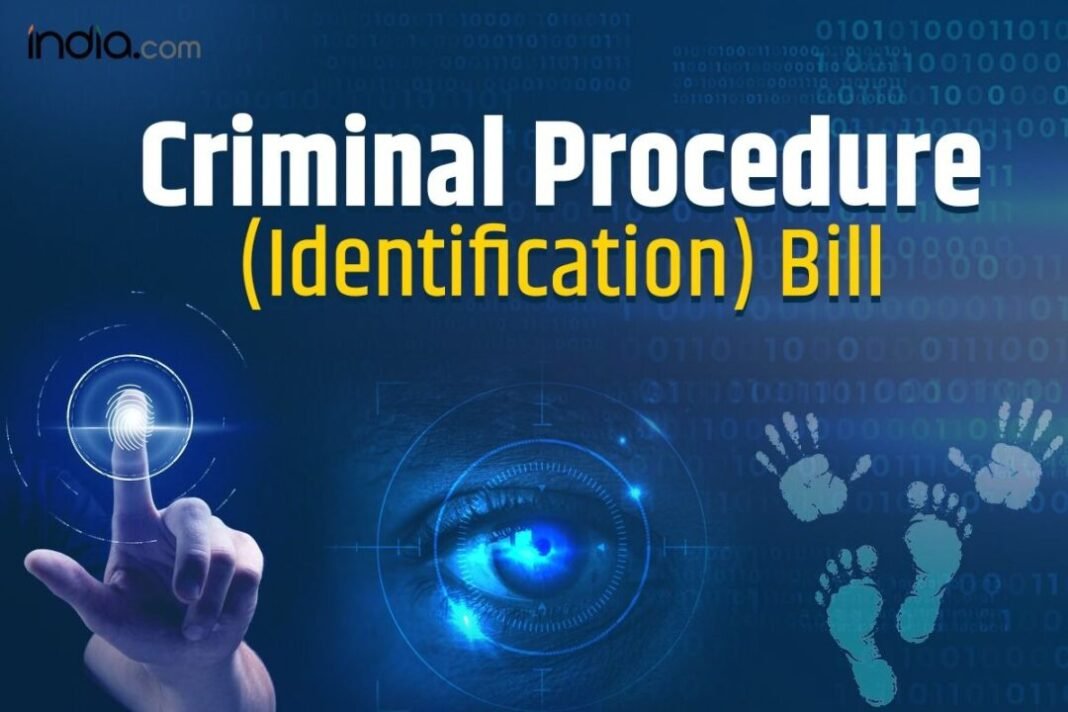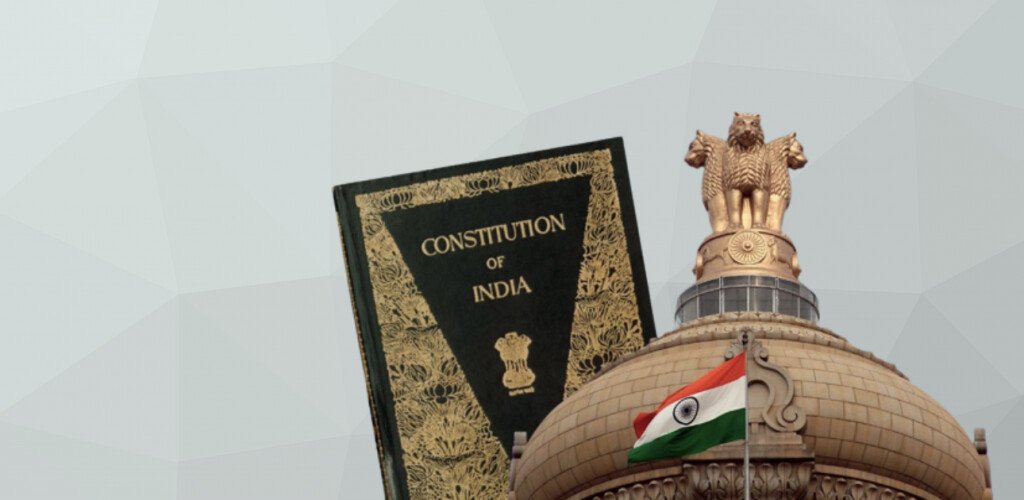By: Satyavan ‘Saurabh’
The Criminal Procedure (Identity) Bill has been passed by the Parliament and seeks to repeal the Identification of Prisoners Act, 1920. The Bill expands the scope of information that the government can collect from other persons such as convicts, arrested persons, and habitual offenders. The main objective of this law is to improve the conviction rate in the country, protect the human rights of the citizens and give a strong message of action against crime in the society. The bill has attracted widespread debate in Parliament and across the country, raising important concerns regarding fundamental rights and the checks and balances ensured by the government to prevent misuse of the law.
The Identification of Prisoners Act 1920, allows police officers to collect certain identifiable information (fingerprints and footprints) of individuals, including convicts and arrested persons. To aid in the investigation of an offense, the Magistrate may order the measurement and photograph of any person to be taken. According to him once the person is discharged, all material should be destroyed. With significant advances in DNA technology, alternative methods can be implemented for the measurement of individuals accused of crimes that can speed up the investigation process. In this context, the DNA Technology (Use and Application) Regulation Bill, 2019 which is pending in Lok Sabha, provides a framework.
In 1980, the Law Commission of India examined the Identification of Prisoners Act 1920 and found that the Act needed to be amended keeping in view the modern trends of investigation. The Expert Committee on Reforms of the Criminal Justice System recommended amendments to the Identification of Prisoners Act 1920 to empower magistrates to authorize the collection of data such as blood samples for DNA, hair, saliva, and semen. The bill attracts a tendency to violate the right to privacy as well as the right to equality. Certain provisions of the Bill allow for the collection of personal data of individuals which violates the right to privacy of an individual which was recognized as a fundamental right by the Supreme Court.
It violates the requirements of Article 14 of the Act to be fair and just and also on equality under the law. Data may be collected not only from the convict but also from any other person to aid in the investigation. The bill allows data to be retained for 75 years and it will be deleted only on the final discharge of a person arrested for an offense. Retention of data in a central database based on potential use for investigation may, in the future, not meet the requirement and proportionality standards. NCRB will be the central repository for the retention of data and it can be shared with other law enforcement agencies. This creates a plethora of alternatives to the abuse of the introduced legislation.
The collection of biological samples adds the exception that such samples may be forcibly collected if the crime is directed against women and children. For example, it may be theft in the name of an investigation against a woman based on which biological samples of the convict can be collected. Such a provision violates the equality of law between persons who have stolen an article from a man and a woman. Several security measures have been weakened to protect a person from arbitrary detention by reducing the level of authority authorized to collect data.
The arguments about the Criminal Procedure (Identity) Bill, 2022 highlight the biggest concern of the people regarding data security. This is the reason why experts advocate the introduction of a strong Data Protection Bill in Parliament to protect citizens from the wide and open ambit of state surveillance. As the bill envisages expanding the scope of data collection, it is now allowing the collection of not only biometric samples but also a person’s handwriting under “behavioural characteristics” as an aid to the investigation. is considered. It ensures enormous powers to the state for which it is suggested that there should be concrete safeguards for the fundamental rights of citizens which will work hand in hand with the law passed.
The bill needs to be revisited to estimate the period for maintaining records for 75 years as opposed to the life expectancy of an Indian citizen which is 69.6 years. This provision should be analyzed with suitable reasoning. An ecosystem of strong security by proper training and policing, under the supervision of senior officers and law enforcement officers ensuring proper checks and balances, would create a foolproof system of a criminal investigation based on scientific evidence and pave the way for genuine gains. (The author is a research scholar, poet, independent journalist, and columnist, All India Radio and TV panellist)







